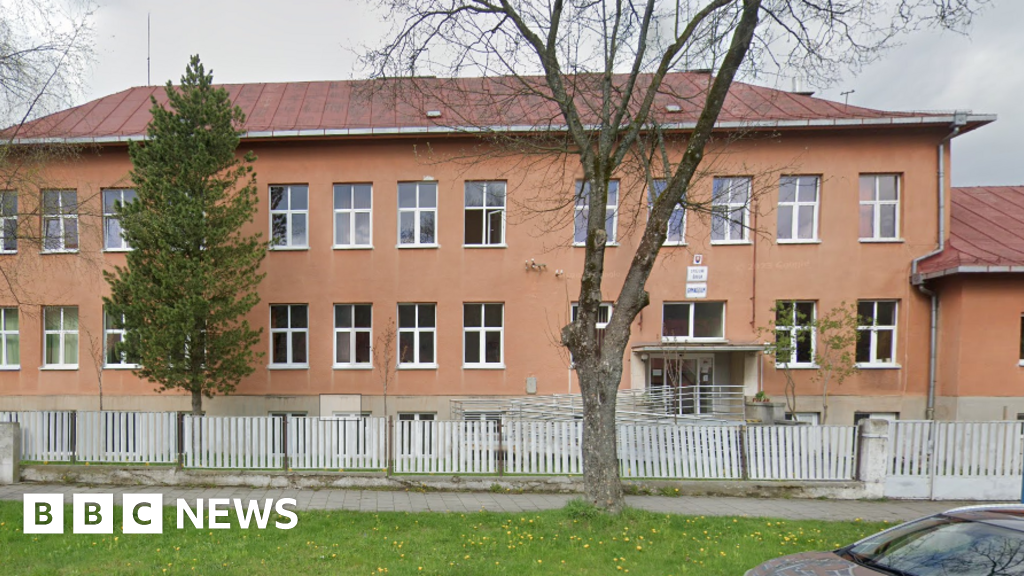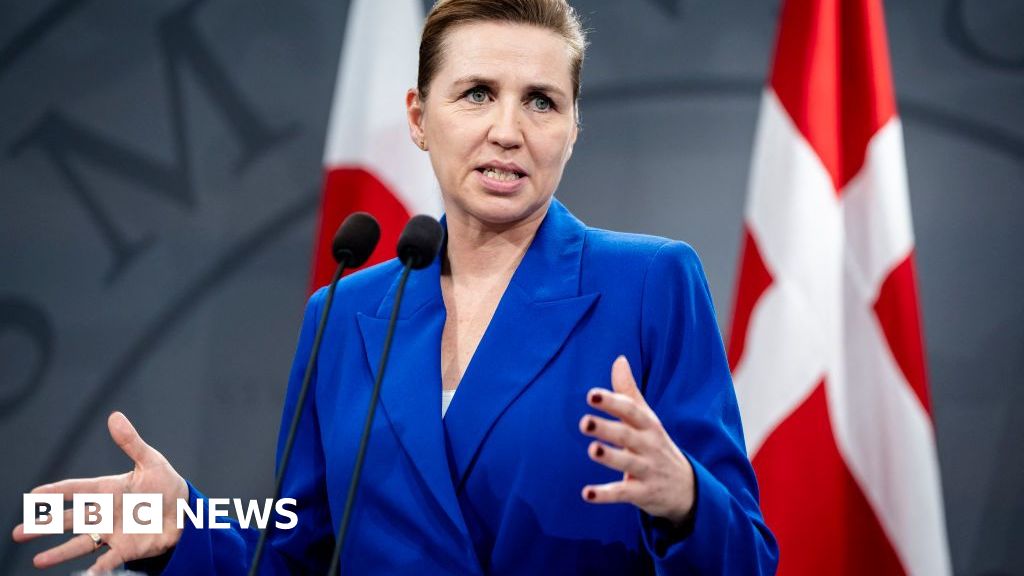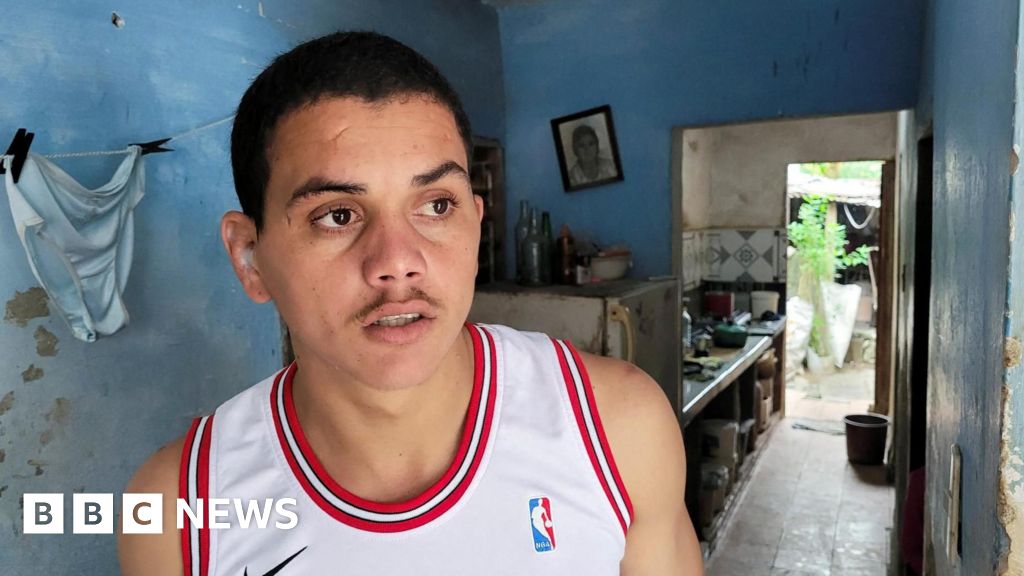ARTICLE AD BOX
The US has imposed sanctions on Georgia's former prime minister and billionaire founder of the Georgian Dream party, Bidzina Ivanishvili.
US Secretary of State Antony Blinken said Ivanishvili and his party had "derailed Georgia's Euro-Atlantic future", leaving it vulnerable to Russia.
Ivanishvilli is not an elected official but he has been described as the "honorary chairman" of Georgian Dream, which has spent 12 years in power.
The party claimed victory in recent elections amid allegations of fraud and swiftly announced the suspension of EU accession talks, sparking widespread protests.
Opposition MPs have been boycotting the new parliament, alleging fraud.
The inauguration of a new president - former Manchester City footballer Mikheil Kavelashvili of the People's Power party, who is seen as a Georgian Dream ally - is scheduled for two days' time.
But outgoing president Salome Zurabishvili, who is strongly pro-European, has said she will not step down until new elections are held.
"We strongly condemn Georgian Dream's actions under Ivanishvili's leadership, including its ongoing and violent repression of Georgian citizens, protestors, members of the media, human rights activists, and opposition figures," a statement from Blinken said.
Blinken accused Georgian Dream of "ongoing and violent repression" of Georgian citizens, protestors, journalists, rights activists and opposition figures", and said the party's actions had "curbed the exercise of fundamental freedoms".
"The result has left Georgia vulnerable to Russia, which continues to occupy more than 20% of Georgia's territory," he said.
US state department spokesperson Matthew Miller described Ivanishvili as the "honorary chairman" of Georgian Dream.
In November Georgian Prime Minister Irakli Kobakhidze said his government would not seek EU accession talks until 2028, triggering ongoing protests.
Riot police have used tear gas and water cannon against protesters, who have fought back by throwing fireworks and stones.
The UK has sanctioned five other senior Georgian officials, including the interior minister, for their roles in suppressing pro-European protests.
Last month, the European Parliament backed a resolution describing the election as the latest stage in Georgia's "worsening democratic crisis".
It expressed particular concern about reports of voter intimidation, vote-buying and manipulation, and harassment of observers.

 2 weeks ago
9
2 weeks ago
9








 English (US) ·
English (US) ·